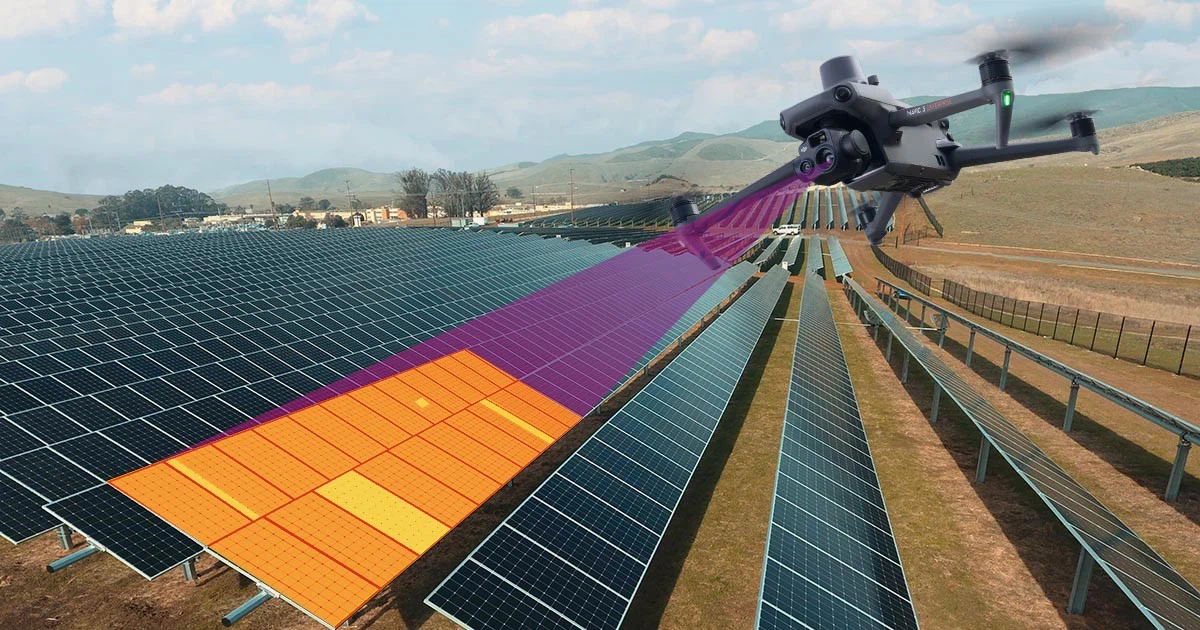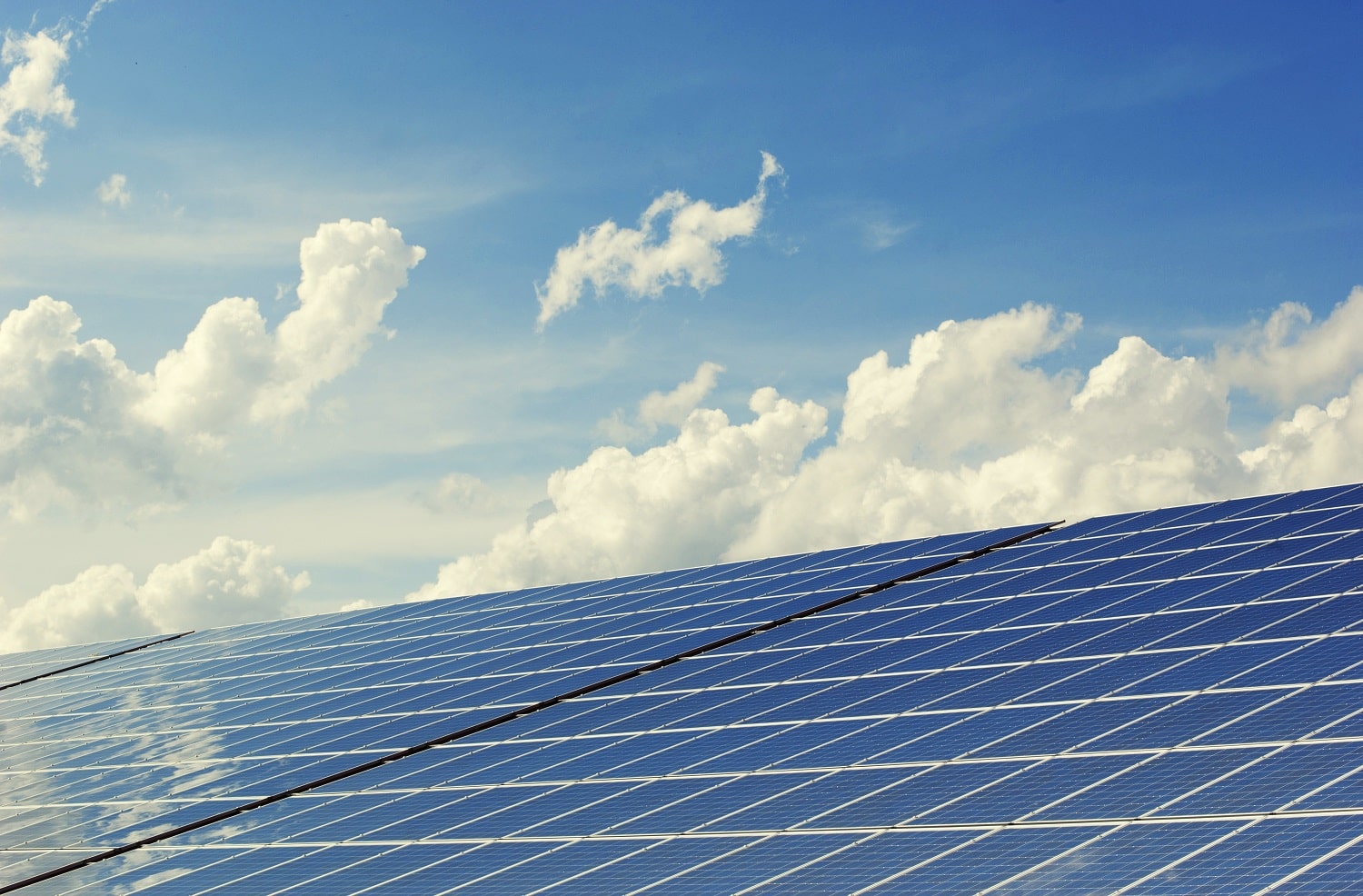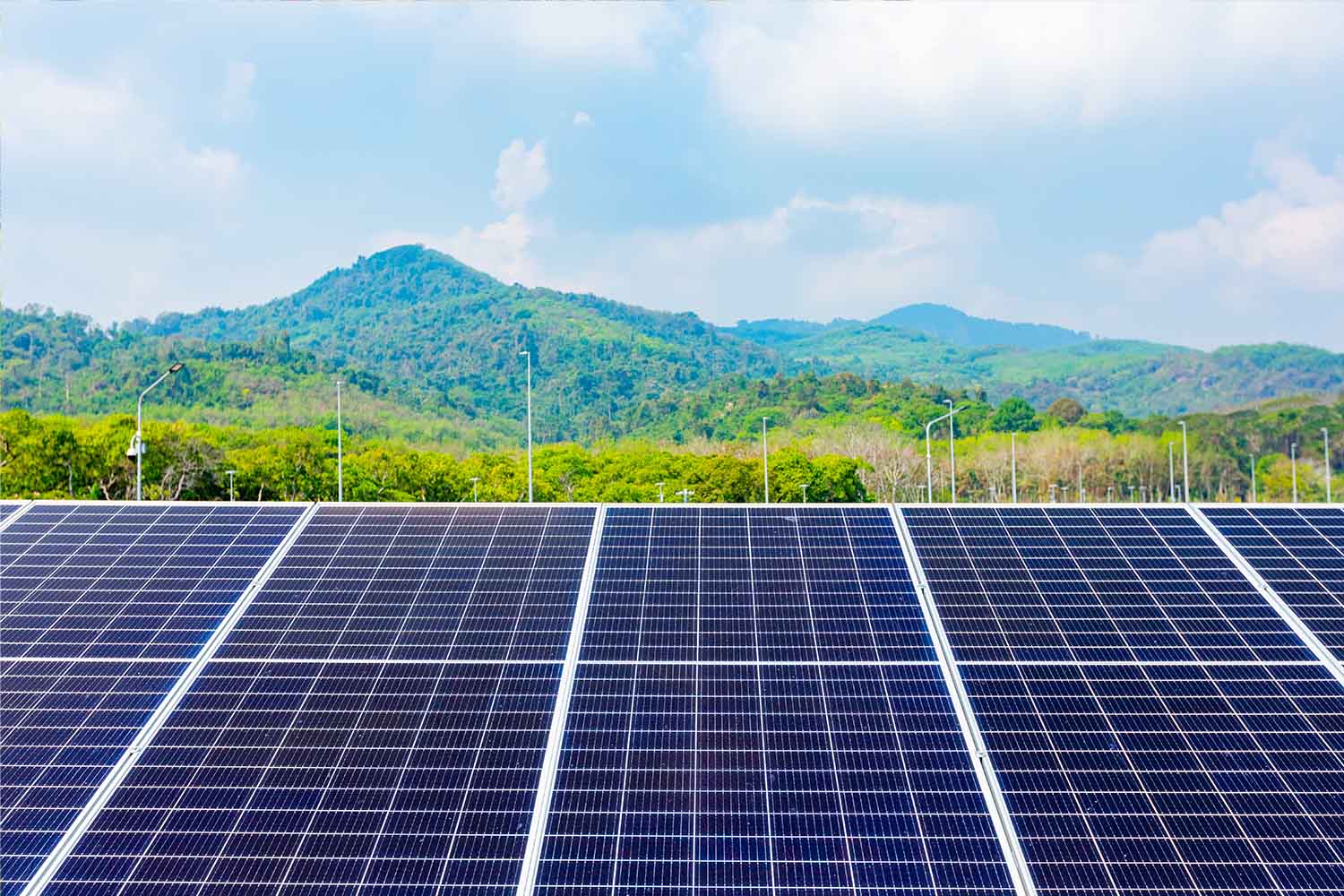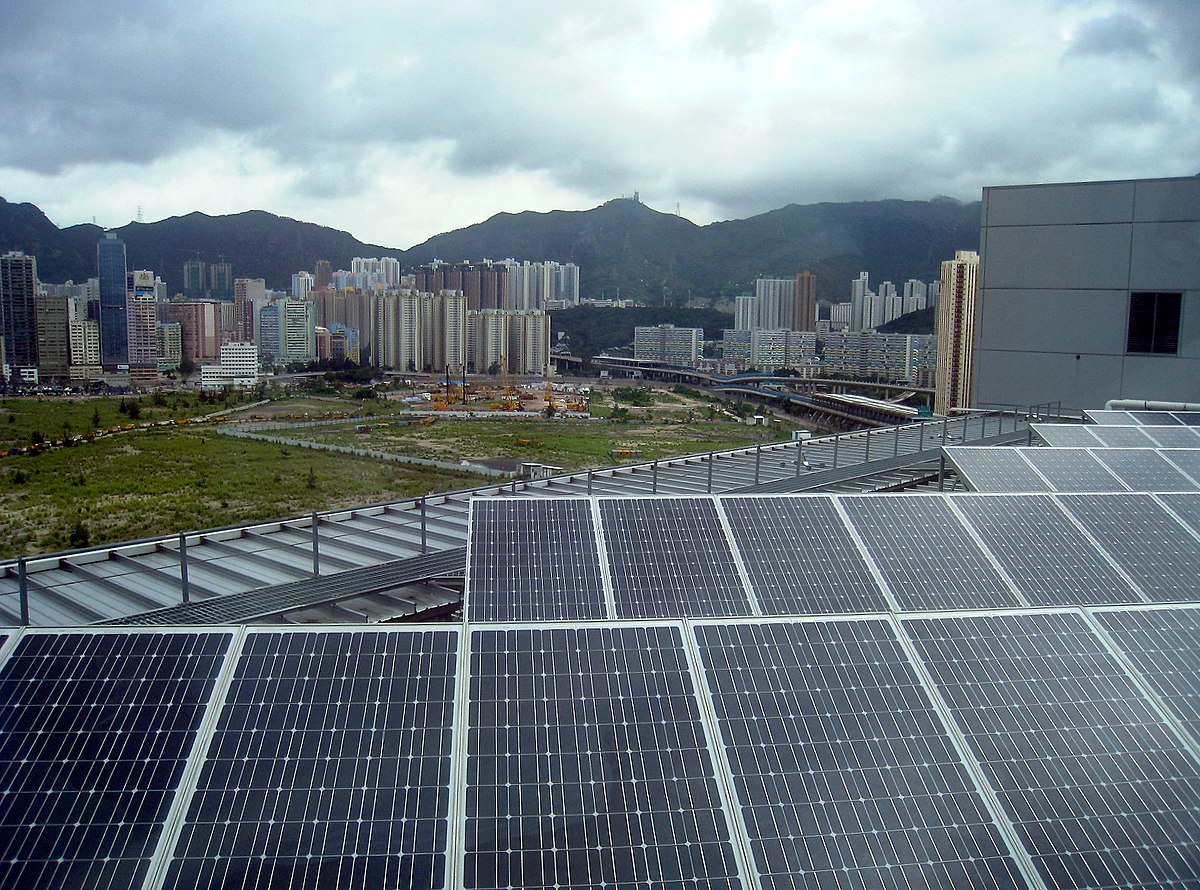Modular solar panels are composed of multiple independent modules, which have the advantages of flexible expansion, convenient installation, and efficient maintenance. Users can gradually add or replace modules according to their needs, adapt to different spaces and budgets, improve the stability and cost-effectiveness of the system, and be environmentally friendly.

What Are Modular Solar Panels
Modular solar panels are a type of solar panel that are removable, combinable, and not always meant to be fixed together. Modular solar panels consist of several smaller modules that can combine and adjust according to demand, unlike a traditional single large panel. This design enables users to select the right number and distribution of panels for certain real conditions such as the amount of roof space available or the electricity required. Each module contains independent solar cells that can operate individually but can also work together with other modular units to form a larger solar power system.
In modular design, solar systems can be extended more flexibly. Modules can be added as requirements change in the future, or modules can easily be replaced by more efficient versions. The flexible design makes them increasingly popular in the market for modular solar modules, for instance, in applications that are tight on space or need future modification.
Moreover, the modular design makes the panels easier to transport and install. Each module is smaller and lighter compared to the traditional large single-panel systems; hence the handling process and installation becomes easier.
How Do Modular Solar Panels Work
As in original large solar panels, Modular solar panels too work on the principle of photovoltaic or solar technology which converts light into electricity. Every module is composed of submodules made up of solar cells with direct conversion of the current (DC). Such direct current is later transformed into alternating current (AC) by inverters to be used within homes and industrial installations.
Unlike old large solar panels, these types of modular systems do not possess the capability to be installed in units which work independently. If one module has a fault or one is shaded, the other modules in the system continue doing their job and generating, thus seriously improving the system in redundancy design.
Modular solar panels basically are series and parallel connected. Series connections increase the voltage whereas the parallel connections augment the current. This flexible connection model ensures that the system stays highly effective for all environments.
Key Benefits of Modular Design
One of the best flexibility and scalability benefits of modular design. To budget-restricted homes and small commercial consumers, that investment would be boosted by the fact that modular solar panels provide installed systems piece by piece- few modules could easily be added into the system and larger numbers installed later when there are higher needs. This design accommodates end users with the hope of future scalability and not putting too much pressure on the end consumer as regards upfront investment.
There are also some great benefits in terms of maintenance that modular design offers. Since each is fairly independent, if any faults arise, one will replace only the faulty module, and not the whole system. This implies reduced cost of repair and reduced time for doing repair work. It makes management of the system more effective and convenient, with which the user takes permission of doing regular checks.
The installation of modular panels is also much more convenient. Unlike single large panels, modular panels are easier to handle and install, thereby shortening the time taken to install and reducing labor costs. In narrow or special rooftop spaces, modular designs can adapt to different installation challenges, avoiding space limitations that might occur with larger panels.
Space Efficiency with Modular Panels
Modular solar panels work best in restricted space. They can be customized and adjusted according to the actual roof conditions rather than taking up large areas of roofs, as traditional solar panels do. Each module can be installed quite freely, maximizing space on roofs for solar power generation even where obstructions or irregular roof shapes prevent large area application.
The size flexibility of modular panels allows them to adapt better in accordance with the various architectural designs. Whether it be flat or sloped, installing the modular panels will be in its most defined location. If some modules are shaded, at least the other modules will operate normally and in this way will not suffer the loss in power generation efficiency as with a single huge panel.
This increased space efficiency implies that people can personalize their solar installation systems for optimum returns using limited resources more economically.
Cost Savings and Affordability
Added to that, economic advantages of modularity are inevitably among its most prominent benefits. The initial investments in modular designs are likely to be higher than those for traditional systems; however, in the long term, this type of installation tends to reduce maintenance and upgrades. The first point is that modular design's flexibility allows customers to expand their systems according to actual needs, instead of making huge investments all at once. Second, a modular system incurs lower maintenance costs; during repair, only the affected module is to be replaced, thereby eliminating expensive repair costs.
Like other systems, they do have high-energy efficiency, automatically adjust themselves for various conditions of light and weather. Hence, it helps deliver steady power output throughout time, which results in energy savings for users.
Modular designs thus cost-effectively represent a solar solution that can scale up, thus minimizing waste, bringing down labor costs, and greatly reducing expenses incurred in repairs - ideal for users on tight budgets still wishing to invest gradually in solar energy capacity.
Easy Installation and Maintenance
The modular installation and maintenance of solar panels is indeed a very flexible aspect in terms of installation possibilities. Since such modules are smaller modules, they can be arranged more flexibly to conform to the shape of the roof and its sizing, thus simplifying the installation process and costs. Usually, installers simply attach the modules to supports and connect them in parallel or series with cables, making the entire process very fast, simple, and straightforward to follow.
The main benefit of modular systems in terms of maintenance is that they are highly maintainable. For conventional solar installations to effect repairs, the whole system had to be brought to a full standstill, whereas in a modular design, a malfunction can usually be localized. Even if one module is not working, the rest will be functioning normally. Thereby, it reduces downtime and maintenance.
Like modular solar systems can also be monitored continuously through smart monitoring systems, allowing users to check the status of each module at any time. In the case of an anomaly within a module, the system will automatically send an alert and further facilitate the user in making repairs or replacements, improving the overall efficiency and lifetime of the system.
Environmental Impact of Modular Solar
In the Trial, the biggest boon is modular solar panels as they have not only been economically favored by several but also helped heal the damages the environment went through. First and foremost, since solar energy is referred to as a renewable energy resource, it is helpful in reducing the dependence concerning fossil fuels which lead to the emission of greenhouse gases. The modular design also makes the systems more efficient and user-friendly for the adoption of green energy among more households and commercial users.
Secondly, modular construction brings longer life spans for solar panels. Individualized replacement of each module means that there is no need to overhaul the entire system when either faults or technological advancements arise. This reduces the generation of e-waste. Besides, the modular design would definitely be sustainable in the context of having a generally longer life span and low maintenance requirements, which allow them to cater green energy for users over a very long period.
In addition, modular solar panels can be attended according to varying geographic and environmental conditions under which they will be installed. Areas with corrected conditions most of the time or areas that experience very bad weather, then the modular designs will be more flexible and sturdy and much lesser environmental effect of energy systems overall.



